
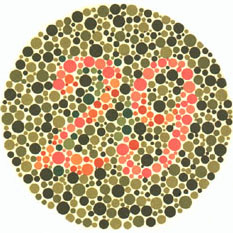
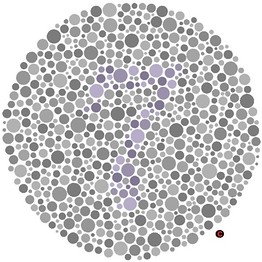
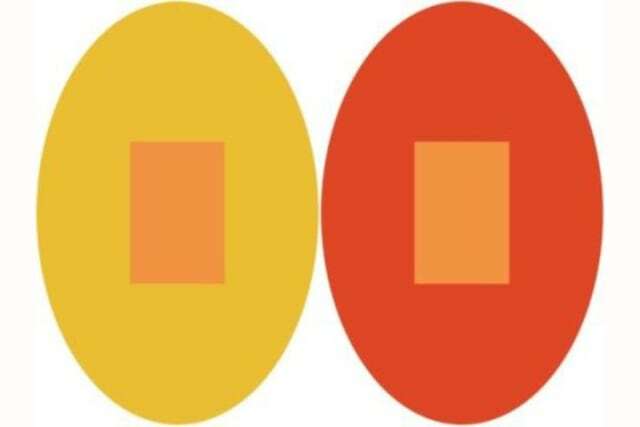



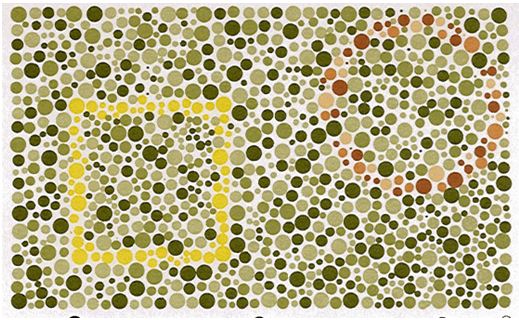

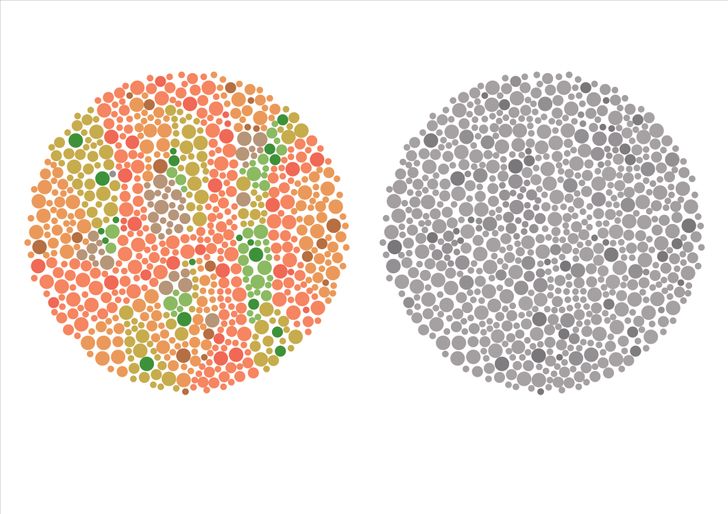
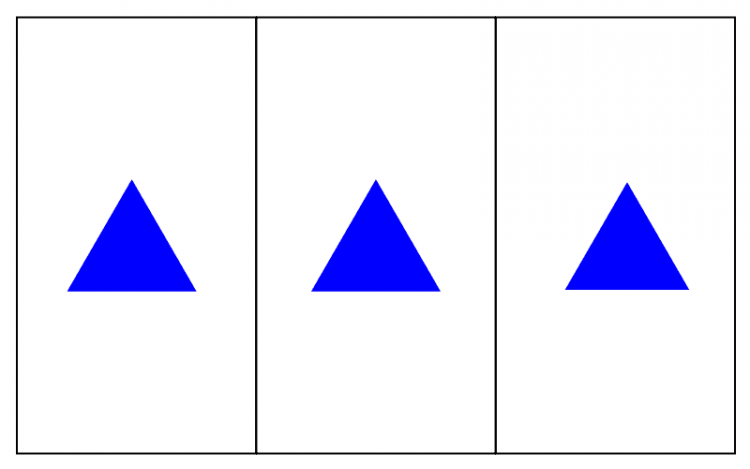


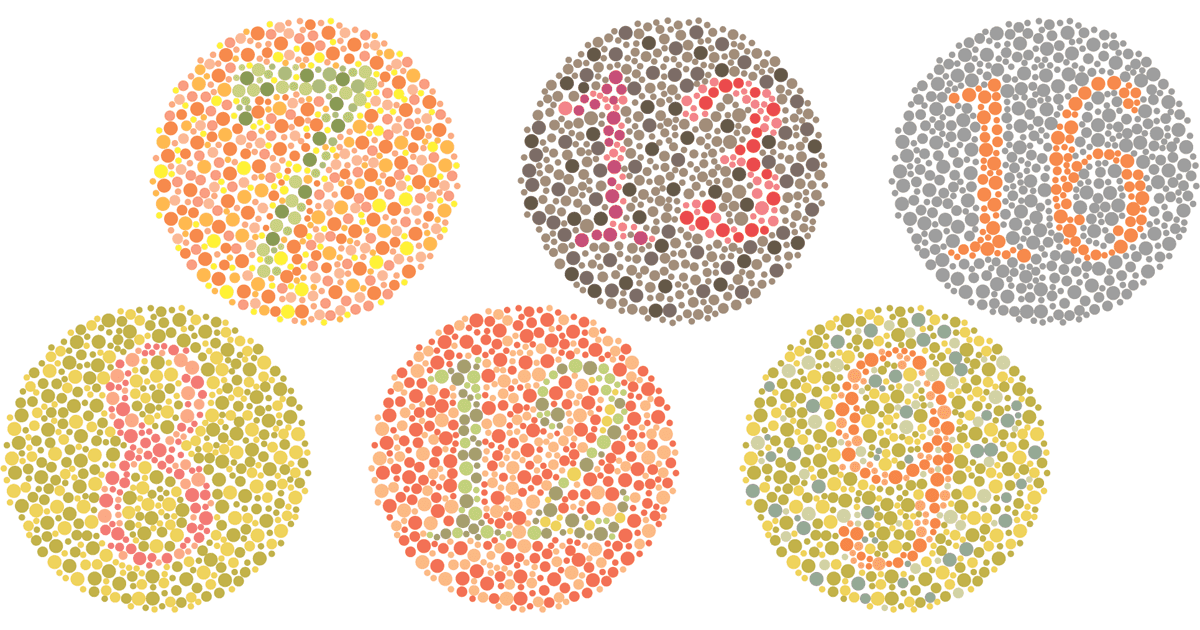
Is your eyesight sharp as a hawk’s, or are you as blind as a mole? Can you easily decipher even the farthest street sign, or do you struggle with reading the restaurant menu? Take this free eye test at home and find out if you can compete with a hawk! Remember: our quiz can’t replace a professional opinion from an optometrist, but it can help you discern if there is an issue. It’s also fun!
You should remember to get eye examinations regularly, especially if there is a history of eye diseases or disorders in your family. Many eye problems are relatively mild, but some of them, like glaucoma or cataracts, could even make you lose sight. Early prevention is key in treating eye diseases.
Ready to find out how strong is your mind’s eye?
What are the manifestations of potential eye problems? Here are some potentially concerning symptoms.
Do you have red, swollen eyes? Red eyes could mean you have some irritation. It might also be a sign of a more serious problem, like an infection, allergy, blepharitis (inflammation of the eyelids), or “pink eye.”
Swelling near your eyes might be the result of an injury to your head or neck. It could also indicate a condition like a blocked tear duct, keratitis, or Graves’ disease. If you experience eye trauma or injury that affects your vision, go to the doctor as soon as possible.
Can you be certain your brain is working well?
Any blurry, hazy, or distorted vision is something to pay attention to. It could mean you are nearsighted or farsighted. It could also indicate astigmatism, damaged or detached retina, cataracts, or keratoconus.
A lot of people experience dry eyes. Sometimes dry eyes could be a sign of a condition like Bell’s palsy (a nerve issue that might cause your eyelids not to close properly) or blepharitis.
Do you think you’re getting enough water?
Do you experience sudden flashes of light, bright spots, or “curtains coming down” in your vision? It could be a sign of a damage to retina, migraine, diabetic retinopathy, or eye lymphoma.
You should reach out to a medical professional if you experience symptoms like sudden eye pain, unusual sensitivity to light, discharge from eyes, floaters or light flashes in your vision, eye discoloration, itching or swelling that won’t stop, or any vision change.
You should also go to a doctor if you have a foreign object in your eye that won’t come out, get an eye injury that causes changes in your vision, or experience pain or discomfort while wearing contacts.
Many things could cause damage to our eyes. Aging might lead to eyesight deterioration and a higher risk for eye diseases. We can’t stop aging, but regular check-ups and taking care of your eyes go a long way.
Not wearing eye protection during swimming, using chemicals, playing sports, or using cooking oil can hurt your eyes. Dirt, dangerous substances, and other things can get in and cause damage. Wear eye protection when doing yard work, home improvement projects, and other activities where debris could get in your eyes.
Poor diet and lack of sleep might contribute to your eyesight problems. Try eating more leafy greens, legumes, veggies, and fruit. They are a source of vitamin C, E, zinc, and omega-3 fatty acids, nutrients necessary for healthy eyes. Also, remember to get enough sleep!
Discover the best diet for your lifestyle!
Moms around the world scold their children for excessive phone use. According to them, staring at your phone for too long is the cause of all evil, including poor grades, lack of discipline, and bad eyesight. But what is the truth? Are our phones really that destructive for our eyes?
Scientific research tells us that the blue light emitted from our electronic devices is detrimental to our health. It can potentially damage the eye’s retina and lead to macular degeneration.
How does it happen? The photoreceptor cells record visual images and transmit them to the brain via a molecule known as retinal. Blue light triggers the retinal and causes chemical reactions. These reactions might lead to damage and death of the photoreceptor cells. There is no regeneration when the cells die.
It is worth noting that the scientific experiment that led to these conclusions was conducted in a laboratory setting. We still can’t tell what kind of blue light causes the death of cells, and how much of it is detrimental. Scientists aren’t sure if blue light from our phones and computers has the same detrimental effect on our eyes.
Still, they recommend trying to reduce our screen time and giving our eyes a rest after a long period in front of a computer or phone.
Before you turn off your phone, check out the rest of our quizzes!
Are you ready for your eye test online, free, and with no hassle? Get down to the questions to see if you have sharp eyes!